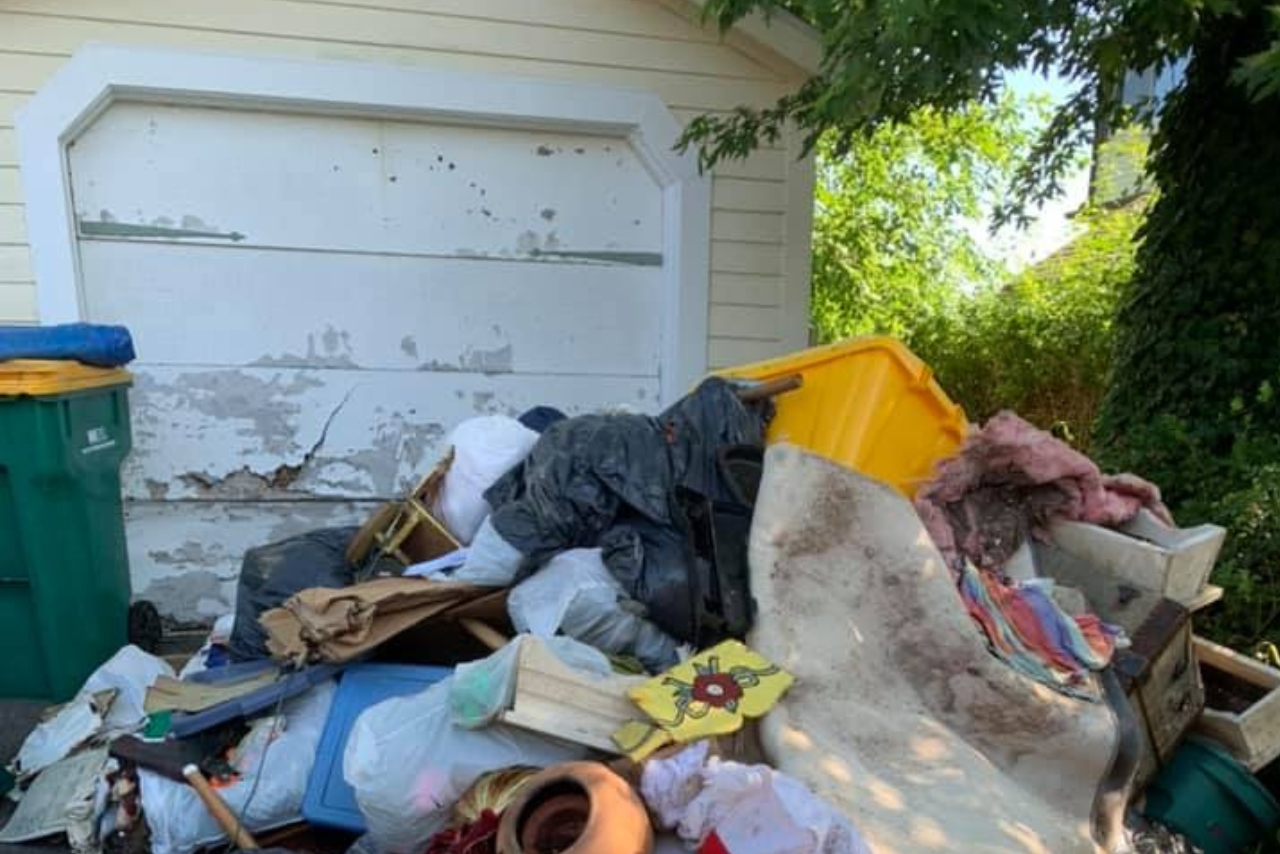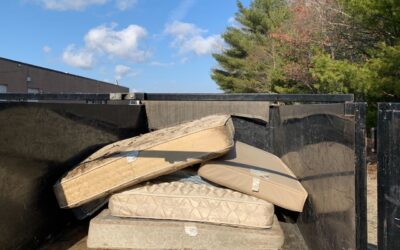In everyday conversation, people often use the words “trash” and “garbage” interchangeably. But when it comes to waste management, knowing the difference between the two can help you sort smarter, recycle better, and reduce your environmental impact. This guide breaks down the meaning of trash vs garbage, explains how they’re handled differently, and shows why it all matters.
The Meaning of Trash and Garbage – Are They the Same?
Historical and Regional Differences
The distinction between trash and garbage can vary depending on where you live. In many regions of the U.S., especially the Northeast, “garbage” refers to food waste—what goes into the kitchen bin. “Trash,” on the other hand, refers to dry waste like paper, packaging, or broken household items.
In the western U.S., “garbage” and “trash” are often used interchangeably. Still, some waste services make clear distinctions for disposal and pickup.
Trash vs. Garbage vs. Rubbish – Understanding the Variations
While “trash” and “garbage” are commonly used in the U.S., “rubbish” is the preferred term in the UK and some other English-speaking countries. Here’s a quick breakdown:
- Trash: Non-food dry waste like paper, boxes, plastic, and broken items
- Garbage: Organic waste like food scraps and other biodegradable materials
- Rubbish: A general term encompassing both trash and garbage in British English
Understanding these terms can help when following local sorting rules or discussing disposal services.
Trash vs. Garbage in Waste Management
How Trash and Garbage Are Handled Differently
Different types of waste require different handling processes:
- Garbage (food waste) is often collected separately and sent to composting centers or specialized landfills, where it can biodegrade.
- Trash is usually incinerated or taken to landfills for long-term containment.
This is why some cities have separate bins for trash, garbage, and recyclables. Mixing them can disrupt recycling systems and contaminate compostable waste.
Why Sorting Waste Properly Matters for Recycling
Sorting correctly helps ensure recyclable items don’t end up in the landfill and that compostable waste can be reused as nutrient-rich soil. Proper separation reduces greenhouse gas emissions, lowers landfill costs, and improves overall efficiency in waste management.
When residents mix trash and garbage—or worse, toss recyclables in with either—it complicates sorting processes and reduces the quality of recovered materials.
Trash Compactor vs. Garbage Disposal – Which One Do You Need?
What Is a Trash Compactor?
A trash compactor is a home appliance that compacts dry waste, such as packaging, paper, and plastics. It reduces the volume of trash, making it easier to store and dispose of. Trash compactors are ideal for households that produce a lot of packaging or bulk waste. How to Dispose of a Grand Piano or Upright Piano
These larger, heavier instruments require more planning. If donating or selling isn’t an option:
- Hire a junk removal service specializing in large, heavy items
- Ask if they offer piano-specific removal
- Ensure they responsibly dismantle and recycle usable parts
Even if your piano is no longer playable, proper disposal ensures minimal environmental impact.
How a Garbage Disposal Works
A garbage disposal is installed under your kitchen sink and grinds food scraps into small particles. These particles are then flushed through your plumbing into the sewage system. Garbage disposals are useful for reducing kitchen waste and preventing odors from entering your trash bin.
Pros and Cons of Each Option
Trash Compactor:
- Pros: Reduces volume, saves space, convenient
- Cons: Can’t handle food waste, needs special bags, can jam
Garbage Disposal
- Pros: Handles food waste instantly, reduces odors, eco-friendly
- Cons: Can clog pipes; not all foods are safe to grind
Which one is right for you depends on your household habits and waste output.
Need help disposing of unwanted junk?
How to Reduce Waste and Improve Waste Disposal Practices
Eco-Friendly Waste Disposal Tips
Reducing what you throw away starts with smarter habits:
- Recycle whenever possible
- Compost food waste
- Choose reusable containers over disposable ones
- Buy in bulk to reduce packaging waste
- Donate or repurpose items before trashing them
Waste reduction not only helps the environment—it can also save you money and space at home.
How a Professional Junk Removal Service Can Help
When you’re facing a large-scale cleanup—such as old furniture, construction debris, or garage overflow—a professional junk removal service can help. These teams:
- Sort materials by type
- Handling heavy or hazardous items
- Recycle or donate usable goods
- Haul away everything quickly and responsibly
It’s a simple way to keep your property clean while supporting eco-friendly disposal practices.
Need Help with Trash or Garbage Removal? Get a Free Quote Today!
Understanding the difference between trash vs garbage isn’t just semantics—it’s an important part of managing waste responsibly. Whether you need a more efficient sorting system or assistance with large-scale junk removal, taking the time to handle waste properly makes a significant difference.
Get hassle-free trash removal with our expert team.




